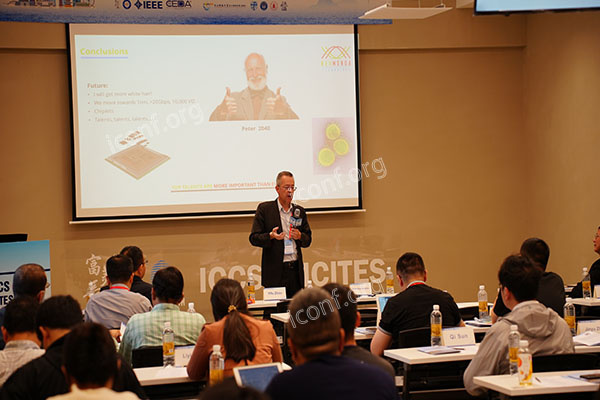In the academic world, symposiums serve as vibrant hubs of knowledge exchange, fostering connections between scholars, researchers, and students. These events are not just about presenting research; they're about building networks, sparking collaborations, and pushing the boundaries of intellectual discourse. As we look towards 2025, here are some of the top university symposiums you should mark on your calendar to expand your academic network.

Before we dive into the specifics, let's explore why attending these events is crucial:
Networking Opportunities: Symposiums offer unparalleled opportunities to meet and connect with leading researchers, scholars, and potential collaborators from around the globe.
Professional Development: Engaging with the latest research, methodologies, and trends keeps you at the cutting edge of your field.
Visibility: Presenting your work at these symposiums can increase your visibility within the academic community, potentially leading to citations, collaborations, or career advancements.
The International Symposium on Interdisciplinary Research (ISIR): This symposium, hosted by a consortium of top universities, focuses on fostering interdisciplinary collaborations. Expect thought-provoking sessions on topics ranging from climate change to artificial intelligence.
The Global Health Symposium (GHS): Organized by a leading medical university, GHS brings together experts to discuss pressing health issues, policy, and advancements in medical research.
The Future of Education Symposium (FES): This event explores innovative teaching methods, technology integration, and educational policy. It's a must for educators and those interested in educational reform.
The Sustainability Symposium: Addressing environmental challenges, this symposium, often held at universities with strong sustainability programs, focuses on solutions and innovations in sustainable practices.
The Symposium on Arts and Humanities (SAH): A platform for discussions on literature, philosophy, history, and more, SAH encourages a deep dive into cultural and intellectual discourse.
To truly benefit from these events, consider the following:
Prepare Your Presentation: If you're presenting, ensure your research is polished and ready for critique and discussion.
Engage Actively: Don't just attend; participate in discussions, ask questions, and offer insights.
Network Strategically: Identify key individuals you want to meet and approach them with clear, professional intentions.
Follow-Up: After the symposium, follow up with new contacts to solidify connections and explore potential collaborations.
For the most up-to-date information on these symposiums, visit iconf.org. This comprehensive resource aggregates academic event details from universities worldwide, making it your go-to destination for staying informed. Here's how to ma